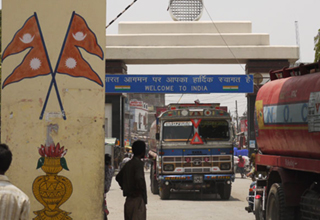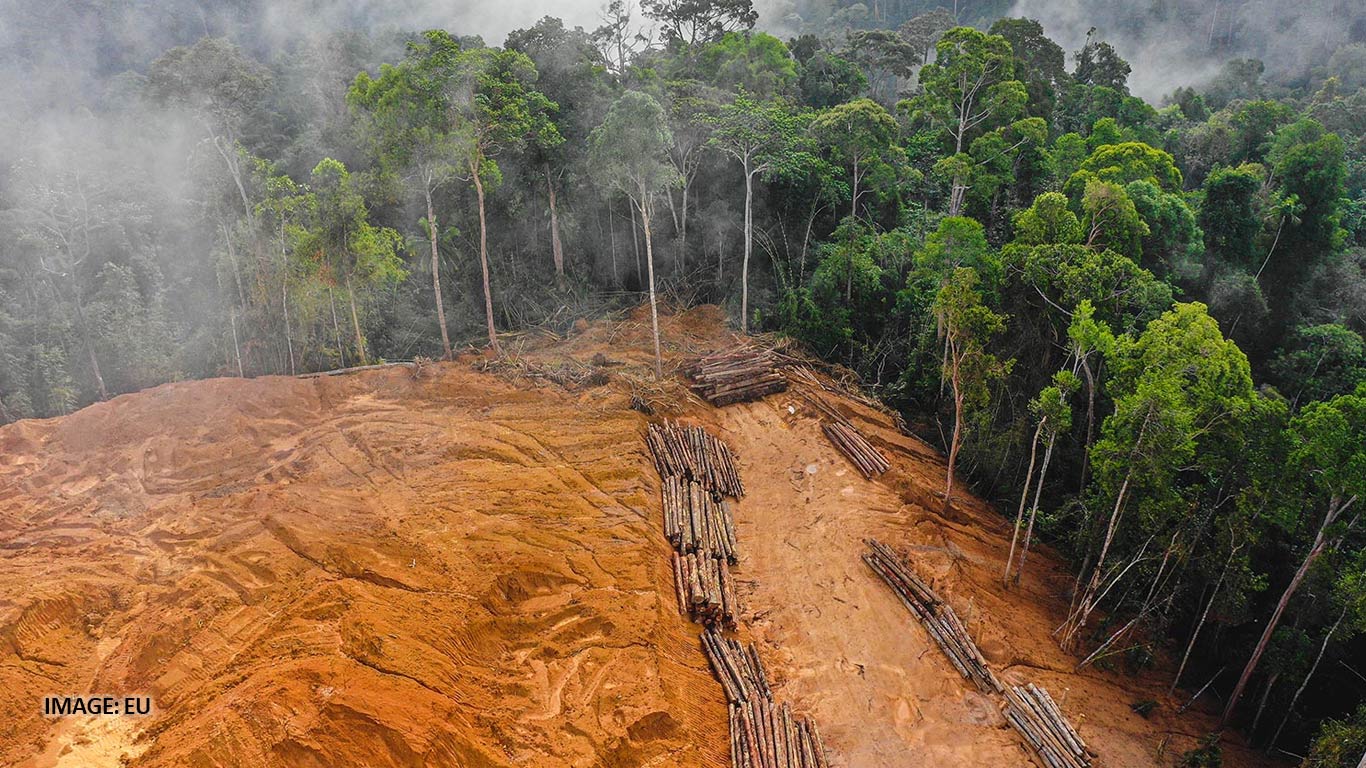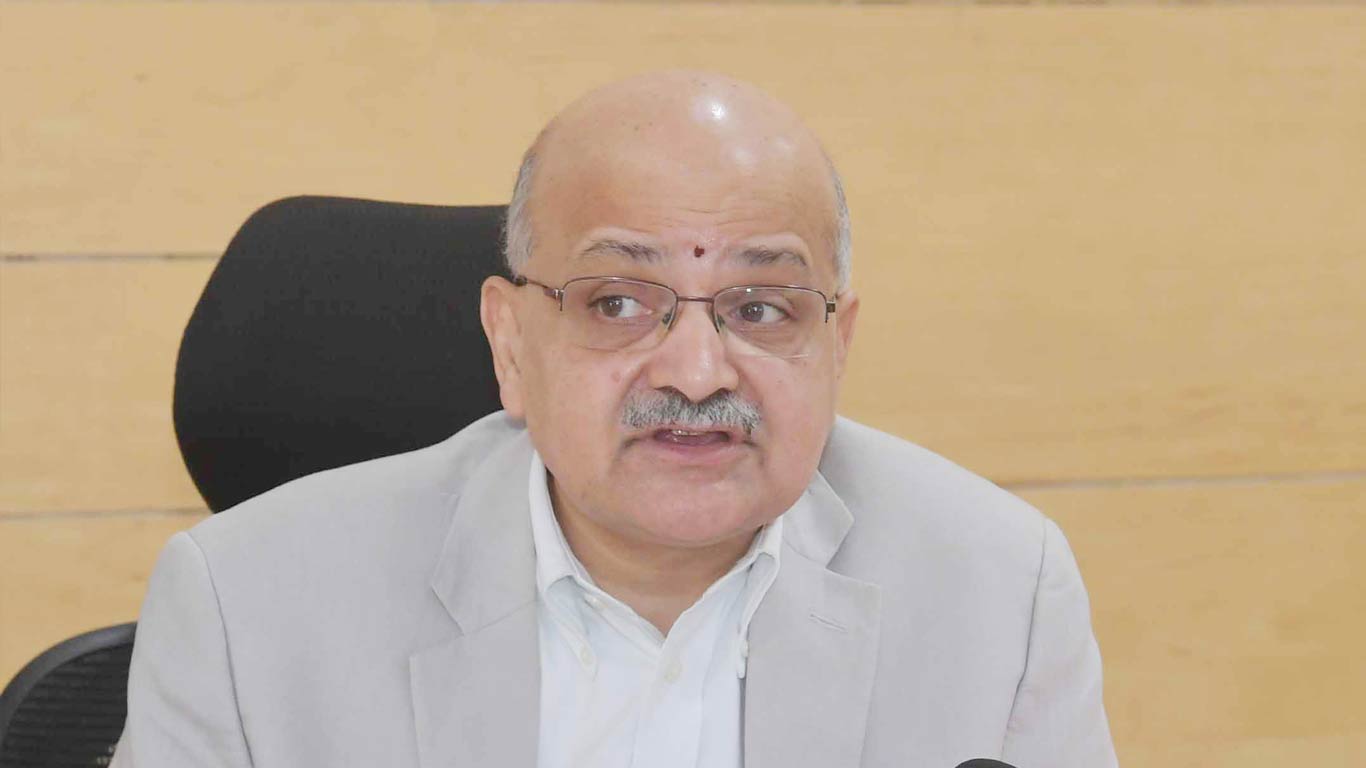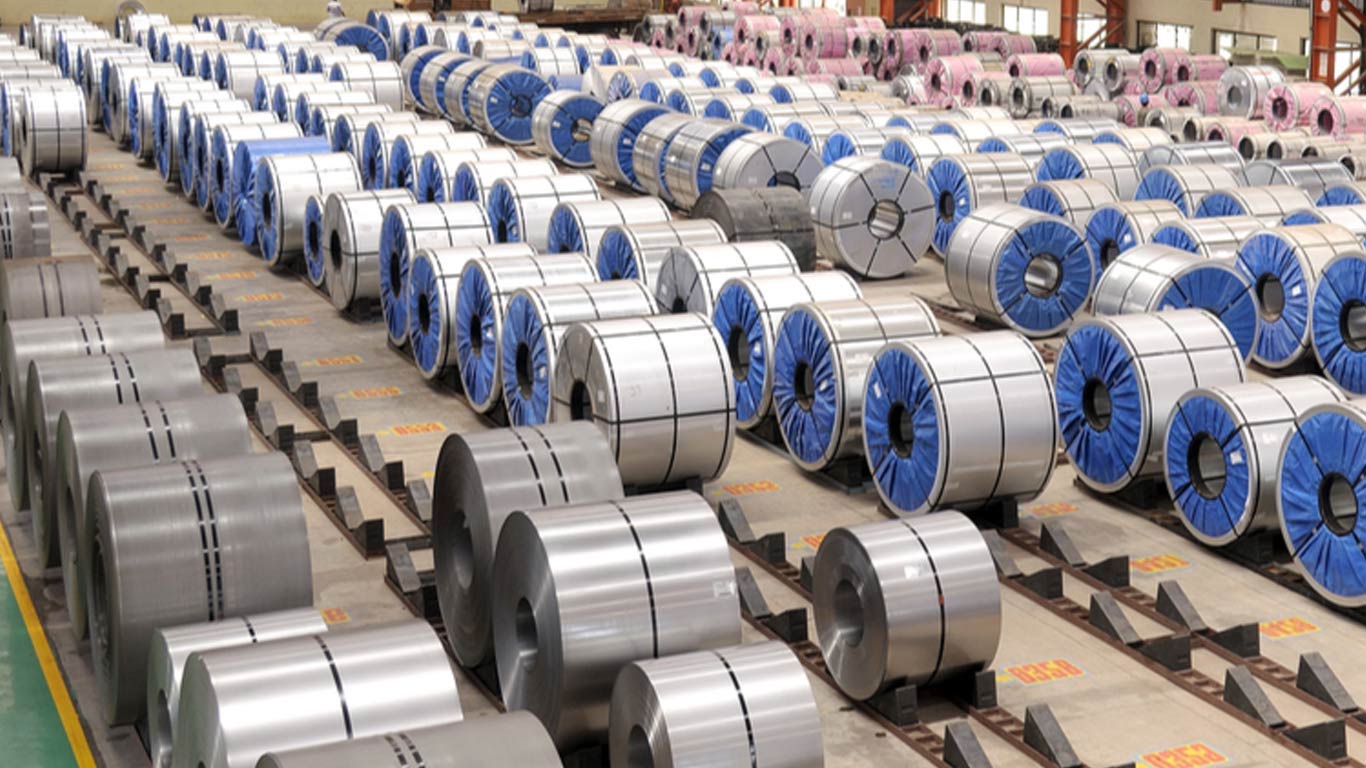Nepal is not a preferred biz partner for handicraft raw material exporters in India
Updated: Dec 23, 2015 01:04:36pm

A Nepal based handicraft association told KNN that a lack of necessary materials has led to a complete pause in the handicraft exports in Nepal.
India holds a major fraction of the exports of handicraft materials to Nepal. Nonetheless, the association revealed that bulk of the shipment of raw materials were recently stuck at Kolkata port and Birgunj port.
Many speculations have been made to the decline in Indian exports of handicraft raw materials to Nepal. Many of the Indian based exporters have shown their reluctance to export to Nepal due its poor economic conditions.
“The transactions are very slow in poor economies like Nepal. The policies for the exporters are also not clear there,” said Mukesh Shah, Owner of Ruchi Enterprises, one of the exporters of handicraft raw materials. “We, as investors and exporters, prefer location which offer faster payments in cash and have more transparent policies,” he added.
The lack of willingness of the exporters due to the current economic scenario in Nepal can be credited for withhold of the handicraft materials exports from India. “We rather look for the bigger destination equipped with larger pool of resources,” said Shah.
Nepal exports a wide range of handicrafts including woodcraft, metal craft, silverware, felt products, Dhaka cloth, cotton garments, pashmina, ceramics, handmade paper, leather products and bamboo products to various international markets. The country’s handicraft industry by and large has an annual turnover of Rs8-10 billion, and 1.1 million people are directly or indirectly associated with the sector. (KNN/ Jyoti)











